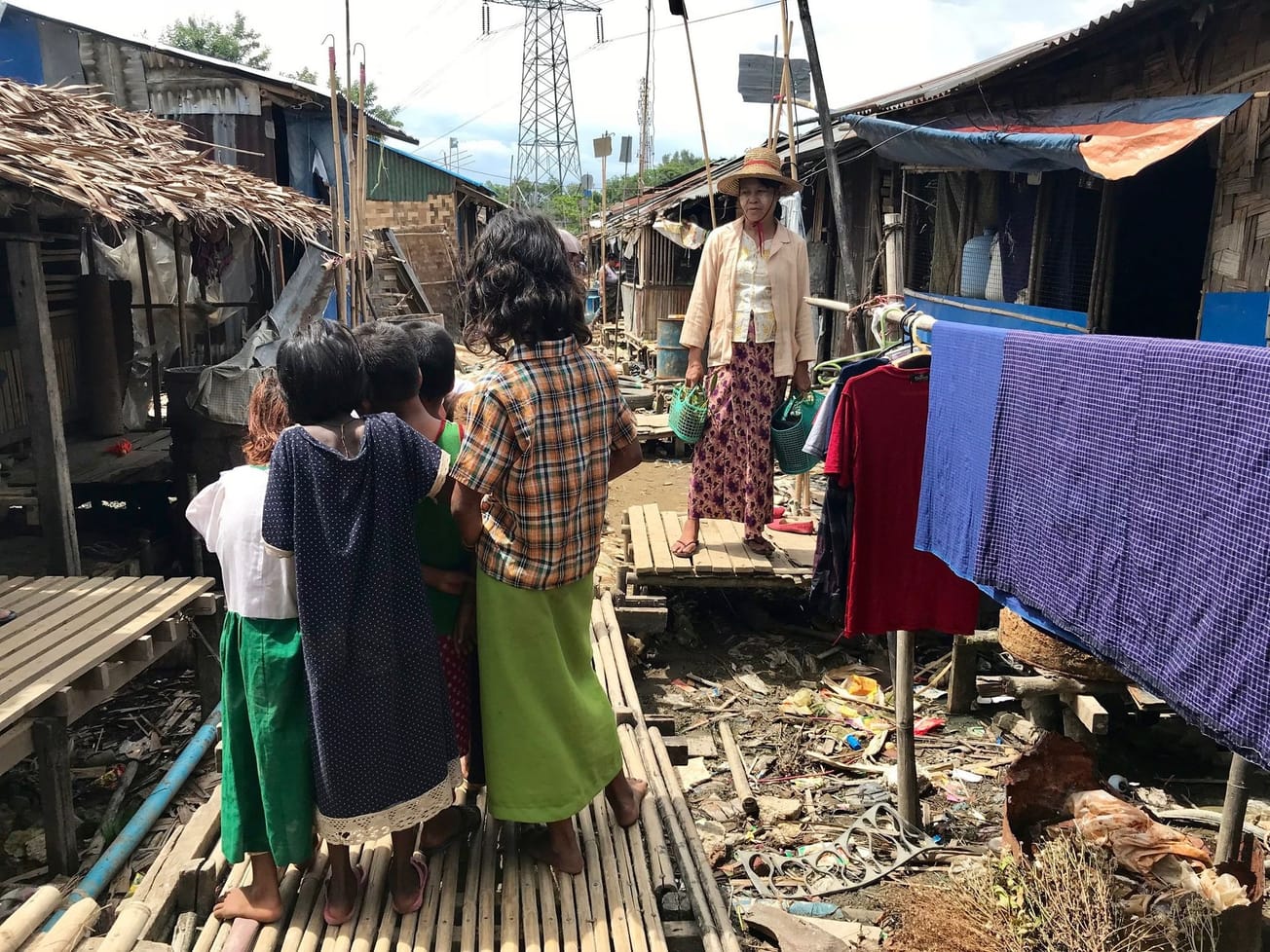UNITED NATIONS (AN) — An independent team of U.N.-sponsored human rights investigators reported that Myanmar relied on its arms trade with seven nations to fund a military-planned campaign of ethnic cleansing and genocide against its Muslim Rohingya population.
The U.N.'s Independent International Fact-Finding Mission on Myanmar urged the international community on Monday to sever ties with Myanmar’s military and its network of defense contractors in China, Israel, North Korea, the Philippines, Russia, Singapore and Ukraine.









